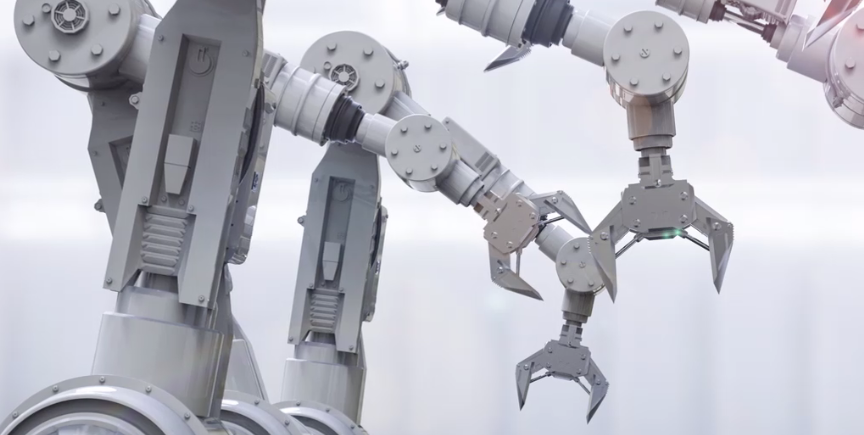Het effect van automatisering op onze levensstandaard
Automatisering heeft ons leven drastisch veranderd. Machinaal oogsten, robots die auto’s in elkaar zetten, boekhoudsoftware: er zijn talloze gevaarlijke, veeleisende of vervelende taken die mensen niet langer zelf hoeven te doen. Maar automatisering leidt ook tot de angst dat banen verdwijnen en de inkomensongelijkheid groter wordt. De politieke gevolgen van groeiende ongelijkheid zijn duidelijk zichtbaar: overal winnen populisten terrein. Deze ontwikkelingen staan dan ook niet los van elkaar, stelt econoom Robert Inklaar. ‘Juist in de regio’s van de Verenigde Staten waar robots het breedst worden ingezet, wist Donald Trump de verkiezingen te winnen.’
Volgens Inklaar staan we op een kantelpunt: moeten we automatisering remmen of niet? ‘Dat kan bijvoorbeeld via belastingen, sterke vakbonden, of door nog meer hoger geschoolden op te leiden. Ik hoop met mijn onderzoek direct bij te dragen aan lopende maatschappelijke discussies. Het is juist nu van belang dat we beter begrijpen hoe automatisering en ongelijkheid samenhangen, zodat we als maatschappij tijdig keuzes kunnen maken.’
Meer informatie

Video's RUG
Het online videomagazine Unifocus belicht wekelijks onderwerpen die annex zijn met de Rijksuniversiteit Groningen, op het gebied van onderzoek (en samenleving), studentenleven, onderwijs, beleid en internationalisering. Andere video's staan in onze videoportal.
Meer nieuws
-
10 februari 2026
‘Regeneratie begint waar moed en verbeeldingskracht samenkomen’
-
09 december 2025
Zijn robots de oplossing?
